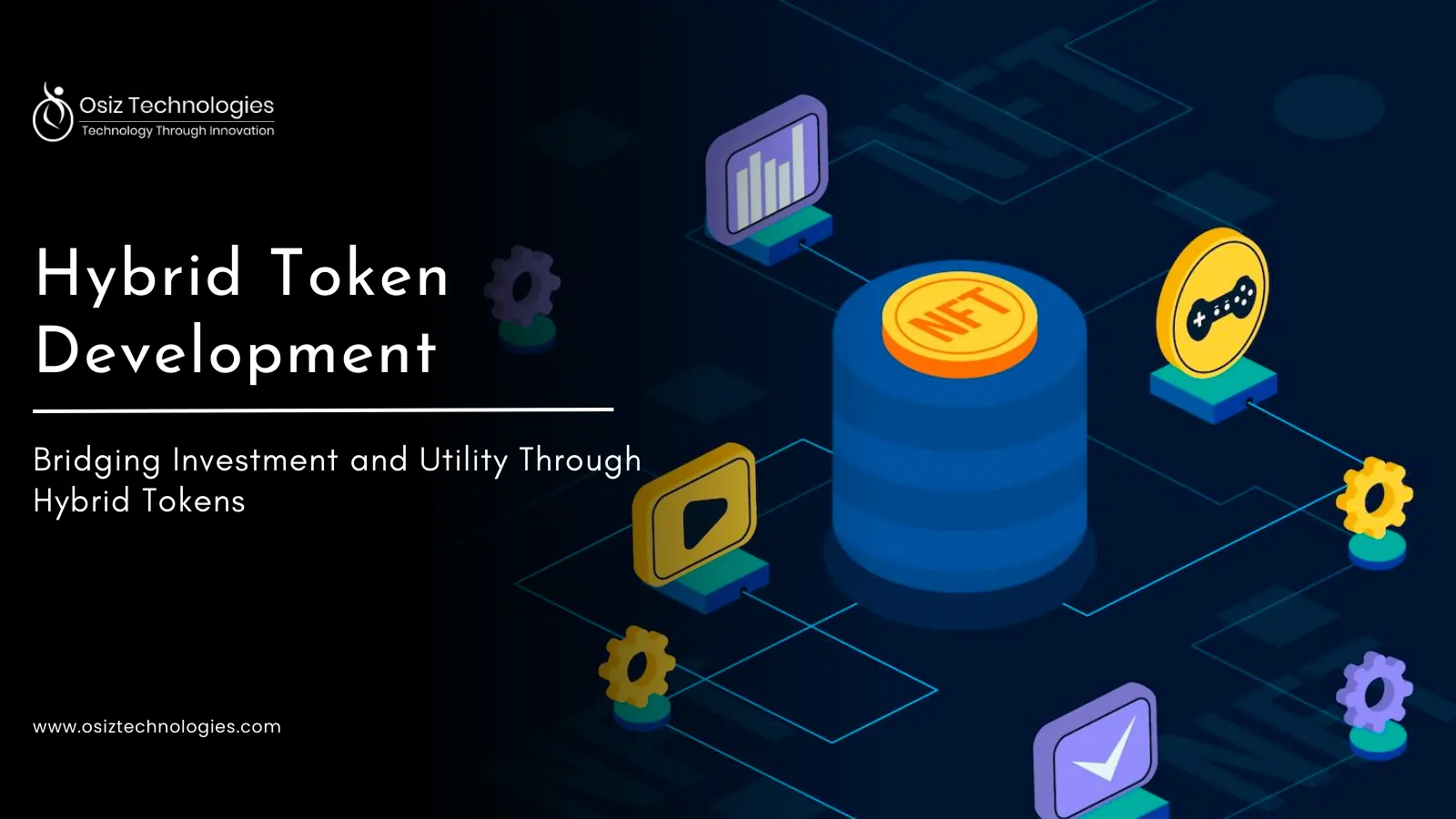As we are on the way to 2025, the user experience is rapidly changing, mainly because of artificial intelligence. Personalization has become an important strategy for businesses that want to connect better with customers, and AI is leading this revolution. With sophisticated tools and vast consumer data, companies can now deliver hyper-personalized experiences across multiple channels. This blog will discuss how AI is transforming user experiences through leading-edge personalization strategies.
Rise of Personalization Tools
- Innovation in personalization tools is fast-moving, and there is new capability every day. With the integration of AI and ML, businesses can exploit tremendous volumes of consumer data to create even more relevant and customized interactions. AI is using the same data to personalize while automating once manually time-consuming processes.
- AI-based personalization in 2025 is now more achievable and accurate than ever. It is through the integration of predictive analytics, natural language processing, and generative AI in the analysis of user behavior and preferences that a brand can deliver experiences that have deep resonance for individual customers providing deep satisfaction and loyalty.
Definition of AI-Driven Customer Experience
- AI-driven customer experience is the strategic use of artificial intelligence technologies to enhance every aspect of a customer's interaction with a brand. This includes everything from marketing campaigns and sales initiatives to customer support. By automating monotonous processes, AI frees up human personnel to focus on more complicated, high-value activities.
- The other ability of AI systems is to scrutinize unstructured data. Such examples include voice recordings from support calls, customer feedback, and even what goes on in social media interfaces. With this insight into the needs and preferences of customers, businesses are enabled with better information that makes crucial data-driven decisions-very fundamental in creating more personable, efficient, customer experiences.
The Data Explosion
The entire online interaction generates a trail of data, contributing to the already enormous pools of information. The world has produced around 79 zettabytes of data in the year 2021, and it is supposed to increase to 181 zettabytes in 2025. Hence, this volume of information is both a challenge and an opportunity for businesses trying to personalize user experiences.
AI technologies possess capabilities such as managing data through such processes:
- Data Collection: AI tools collect customer behavior and preferences and categorize the same to gain actionable insights.
- Data Analysis: AI helps streamline operations through the automation of data analysis tasks like anomaly detection and reporting.
- Personalization: Through patterns that can be detected in huge datasets, AI creates customized experiences. It segments audiences and makes product recommendations, content recommendations, and messaging recommendations on different digital channels and consistency is maintained across the user journey. Real-World Applications of AI in Personalization
Many companies today use AI to personalize the experiences of their customers:
- Reebok: The company uses AI to personalize its homepage based on the behavior of an individual visitor, thereby offering different shopping experiences geared towards past interactions.
- Nespresso: This brand uses AI to guide people with personalized product recommendations as well as relevant content, such as recipes reflecting previous purchases.
This serves as an example showing how AI-driven personalization is not a whim but actually a deep transformation in business-to-consumer interaction. Companies can provide more significant interactions that ensure customer loyalty through AI abilities.
Top AI-Powered Personalization Strategies for Marketers
Since marketers are getting into the world of AI, more AI-powered personalization strategies will be introduced. Here are four core ways to achieve this.
- Segmenting and Targeting through Predictive Analytics: Predictive analytics through AI enable marketers to identify micro-segments in their audiences. By way of machine learning algorithms that analyze user behavior, messaging, and offers can be hyper-targeted. Such precision is possible only through AI since the data involved is of such a vast magnitude.
- Personalized Content: AI can make content recommendations that are based on browsing history, shopping patterns, or third-party data. These are used on all touchpoints, email, or through a chatbot, creating an overall more engaging shopping experience.
- Improved Omnichannel Experience: A modern consumer may reach out to a brand in various ways. The integration of AI will help in providing a seamless omnichannel experience as AI understands previous interactions and can thus present contextual messaging at each and every platform. It can be consistent and relevant.
- Achieving Hyper-Personalization at Scale: Hyper-personalization is the tailoring of content, products, and services to individual users based on real-time data. AI helps to scale this personalization without overwhelming customers by ensuring that content remains dynamic and responsive to changing preferences.
Chatbots: The Future of AI Customer Support
Changing the landscape of customers' experiences with customer support, the future of improvement shall be through the utilization of AI-powered chatbots; these are fitted with natural language processing that allows providing support to clients at any time in a manner as human-intuitive as required for such tools.
Future Landscape: AI and Customer Experience
- Integrating AI into the customer experience is revolutionizing how businesses work. By analyzing customer data, AI makes it possible for brands to deliver personalized interactions -from the recommendation of a particular product to the kind of service a customer needs- to increase customer satisfaction and loyalty.
- It further complements human agents instead of replacing them. With continuous talent shortages in customer service, AI tools ensure operational efficiency in improving high-quality service without compromising on personal touch.
How to Measure Success in AI-Powered Personalization
- Businesses should lay down the right performance measures to ensure that their operations genuinely learn from AI. Performance should be calculated by data-driven insight for them to determine their successful personalization.
- The use of predictive analytics, audience segmentation, etc. with AI capabilities improves personalization in terms of precision and scale. Business becomes abreast of constantly changing expectations with continuous adjustments of strategy based on performance metrics.
Wrapping Up
Looking ahead to 2025, the management of AI will increasingly take a more dominant role in personalizing user experience. They can generate highly hyper-personalized interactions with advanced technologies that make customers happy and loyal for long periods. Since consumer preference is constantly changing, AI is that indispensable tool for making an organization meet and exceed customer expectations that, in turn, shape the future of customer experiences.
If you are looking to redefine your customer’s experience through AI personalization strategies, partner with Osiz the leading AI development company, to shape your brand success to the next level.
Listen To The Article












